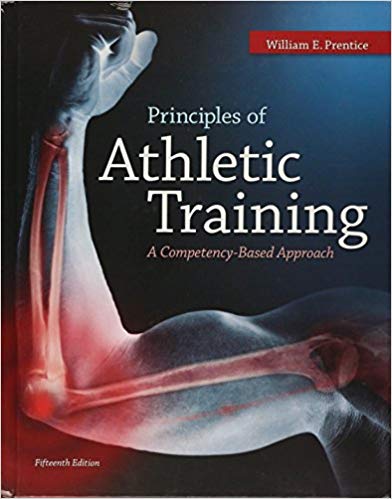
Principles of Auditing and Other Assurance Services 20th Edition By Whittington – Test Bank
$25.00
Edition: 20th Edition
Format: Downloadable ZIP File
Resource Type: Test Bank
Duration: Unlimited downloads
Delivery: Instant Download
Principles of Auditing and Other Assurance Services 20th Edition By Whittington – Test Bank
Chapter 04
Legal Liability of CPAs
True / False Questions
|
1. |
Fraud is defined as failure to use reasonable care in the performance of services. |
|
2. |
Most of the burden of affirmative proof is on the defendant under common law. |
|
3. |
The Ultramares v. Touche case established that auditors could be held liable to any foreseen third party for ordinary negligence. |
|
4. |
The Securities Exchange Act of 1934 offers recourse against the auditors to a far greater number of investors than does the Securities Act of 1933. |
|
5. |
The precedent set by the Hochfelder v. Ernst case is generally believed to have increased auditors’ legal liability. |
|
6. |
The auditors can be held liable for negligence in audits of financial statements, but not in reviews of financial statements. |
|
7. |
The results of the Continental Vending Corporation case included the criminal prosecution of auditors for gross negligence. |
|
8. |
Most charges made against auditors under common law are criminal. |
|
9. |
The Securities Act of 1934 includes provisions for criminal charges against persons violating the Act. |
|
10. |
The use of engagement letters is generally designed to prevent lawsuits by third parties against the auditors. |
Multiple Choice Questions
|
11. |
A CPA issued an unqualified opinion on the financial statements of a company that sold common stock in a public offering subject to the Securities Act of 1933. Based on a misstatement in the financial statements, the CPA is being sued by an investor who purchased shares of this public offering. Which of the following represents a viable defense? A. The investor has not proven CPA negligence. B. The investor did not rely upon the financial statement. C. The CPA detected the misstatement after the audit report date. D. The misstatement is immaterial in the overall context of the financial statements. |
|
12. |
Which of the following is a correct statement related to CPA legal liability under common law? A. CPAs are normally liable to their clients, the shareholders, for either ordinary or gross negligence. B. CPAs are liable for either ordinary or gross negligence to identified third parties for whose benefit the audit was performed. C. CPAs may escape all personal liability through incorporation as a limited liability corporation. D. CPAs are guilty until they prove that they performed the audit with “good faith.” |
|
13. |
Under Section 10 of the 1934 Securities Exchange Act auditors are liable to security purchasers for: A. Lack of due diligence. B. Existence of scienter. C. Ordinary negligence. D. Auditors have no liability to security purchasers under this act. |
|
14. |
Jones, CPA, is in court defending himself against a lawsuit filed under the 1933 Securities Act. The charges have been filed by purchasers of securities covered under that act. If the purchasers prove their required elements, in general, Jones will have to prove that: A. He is not guilty of gross negligence. B. He performed the audit with good faith. C. He performed the audit with due diligence. D. The plaintiffs did not show him to be negligent. |
|
15. |
An auditor knew that the purpose of her audit was to render reasonable assurance on financial statements that were to be used for the application for a loan; the auditor did not know the identity of the bank that would eventually give the loan. Under the Restatement of Torts approach to liability, the auditor is generally liable to the bank which subsequently grants the loan for: A. Lack of due diligence. B. Lack of good faith. C. Gross negligence, but not ordinary negligence. D. Either ordinary or gross negligence. |


MAECENAS IACULIS
Vestibulum curae torquent diam diam commodo parturient penatibus nunc dui adipiscing convallis bulum parturient suspendisse parturient a.Parturient in parturient scelerisque nibh lectus quam a natoque adipiscing a vestibulum hendrerit et pharetra fames nunc natoque dui.
ADIPISCING CONVALLIS BULUM
- Vestibulum penatibus nunc dui adipiscing convallis bulum parturient suspendisse.
- Abitur parturient praesent lectus quam a natoque adipiscing a vestibulum hendre.
- Diam parturient dictumst parturient scelerisque nibh lectus.
Scelerisque adipiscing bibendum sem vestibulum et in a a a purus lectus faucibus lobortis tincidunt purus lectus nisl class eros.Condimentum a et ullamcorper dictumst mus et tristique elementum nam inceptos hac parturient scelerisque vestibulum amet elit ut volutpat.


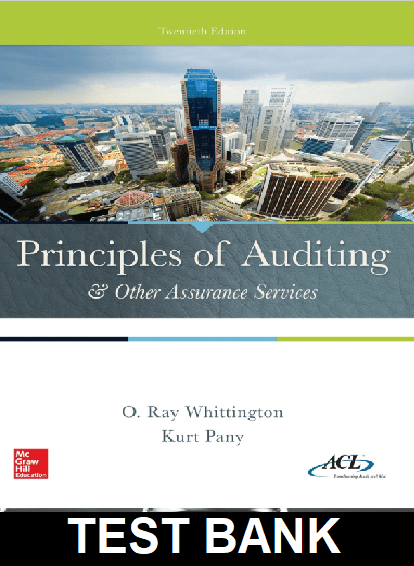


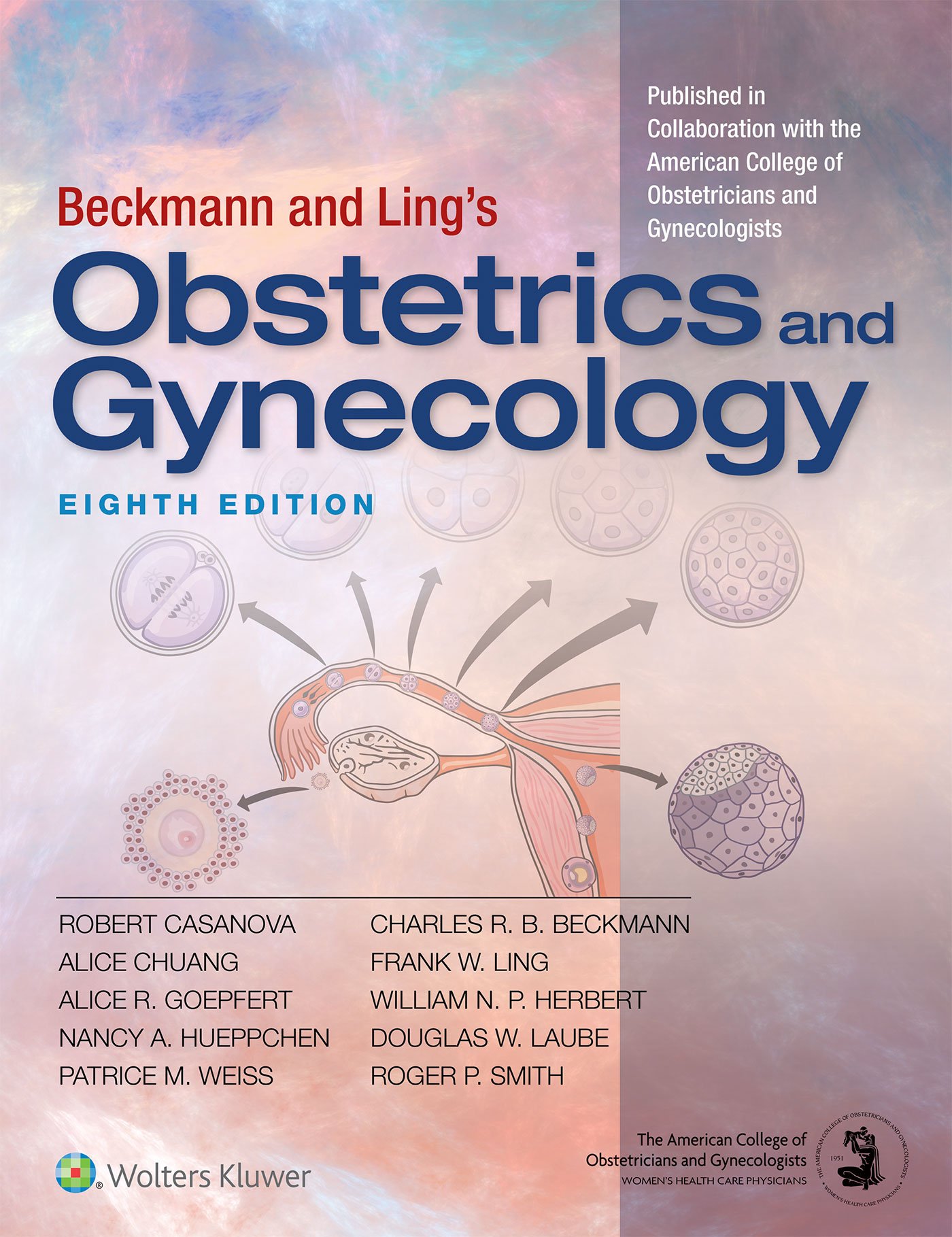
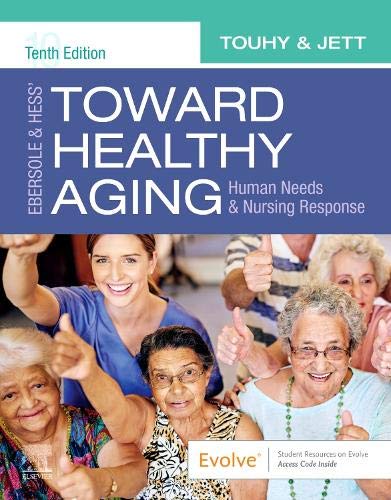
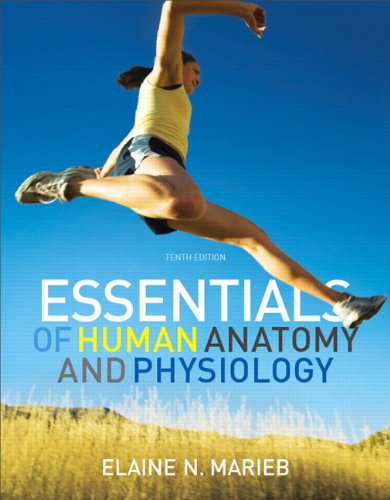

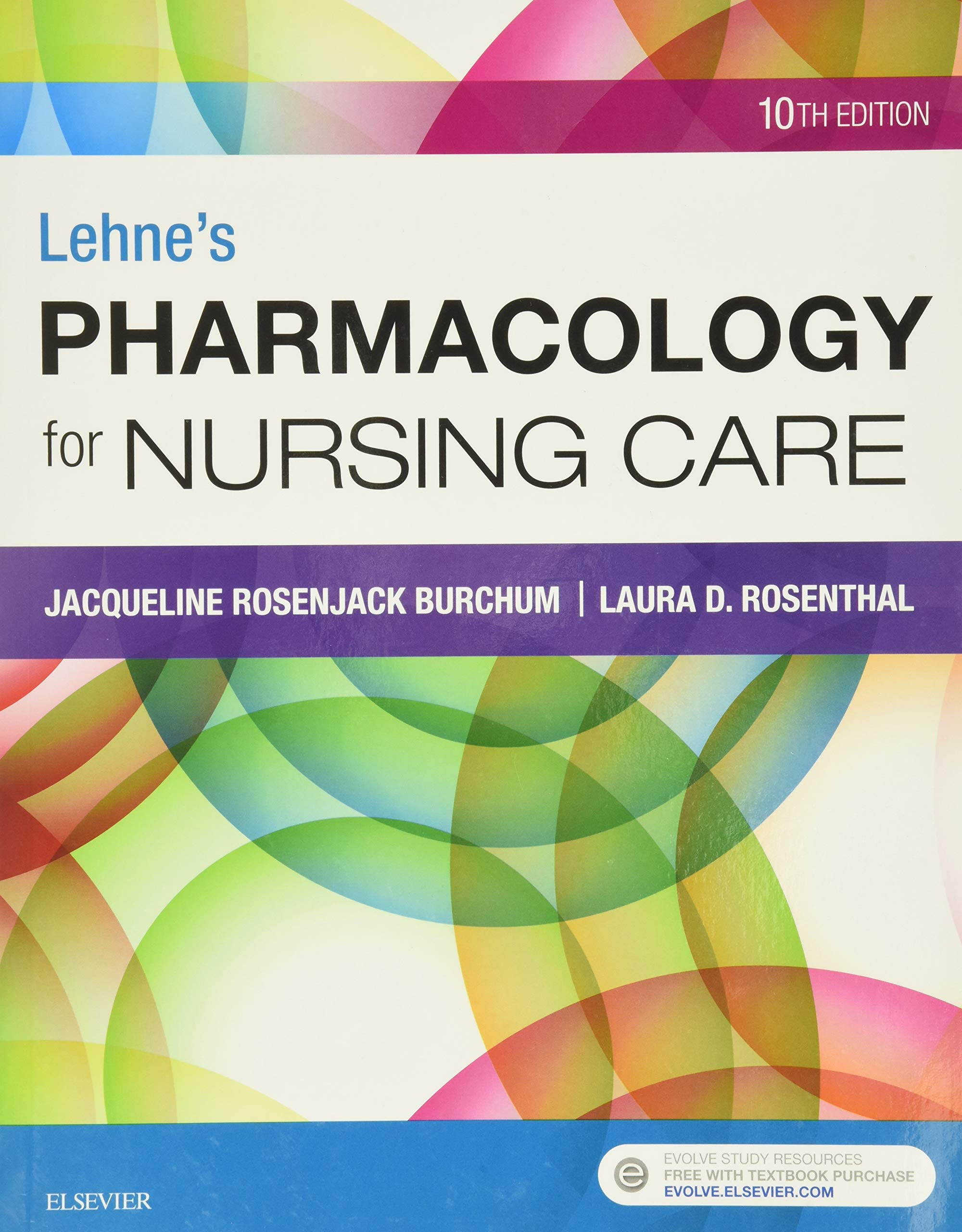
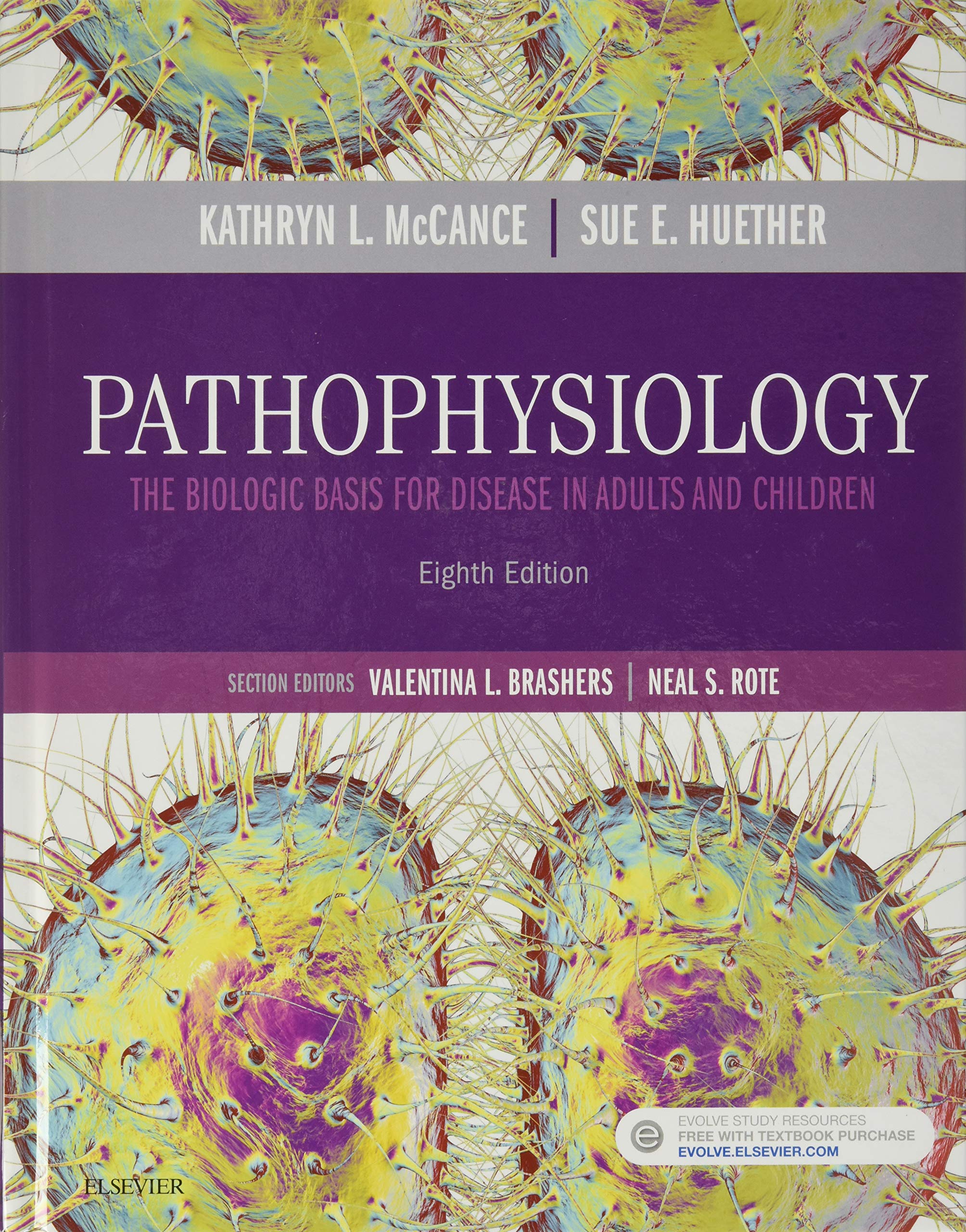
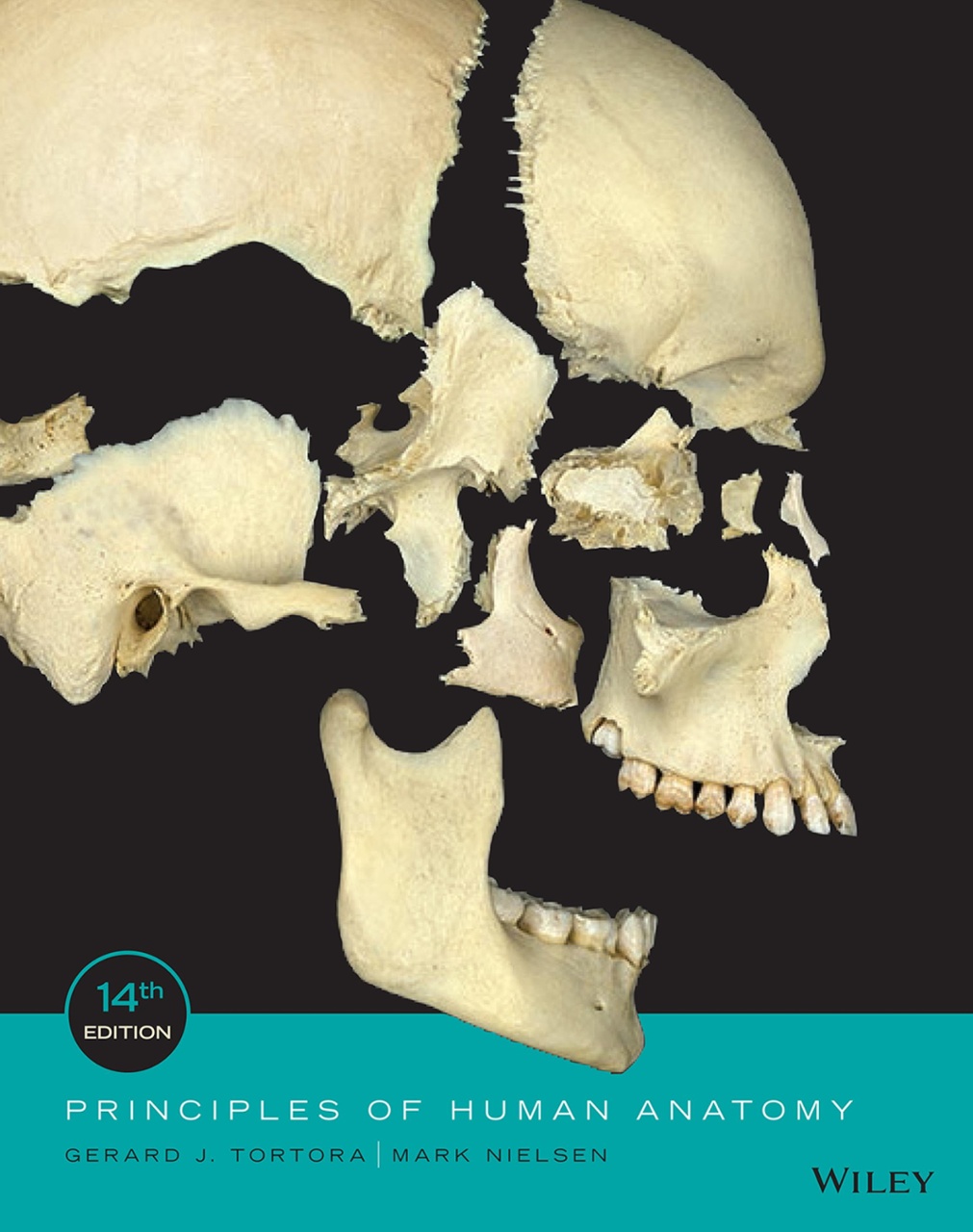
Reviews
There are no reviews yet.